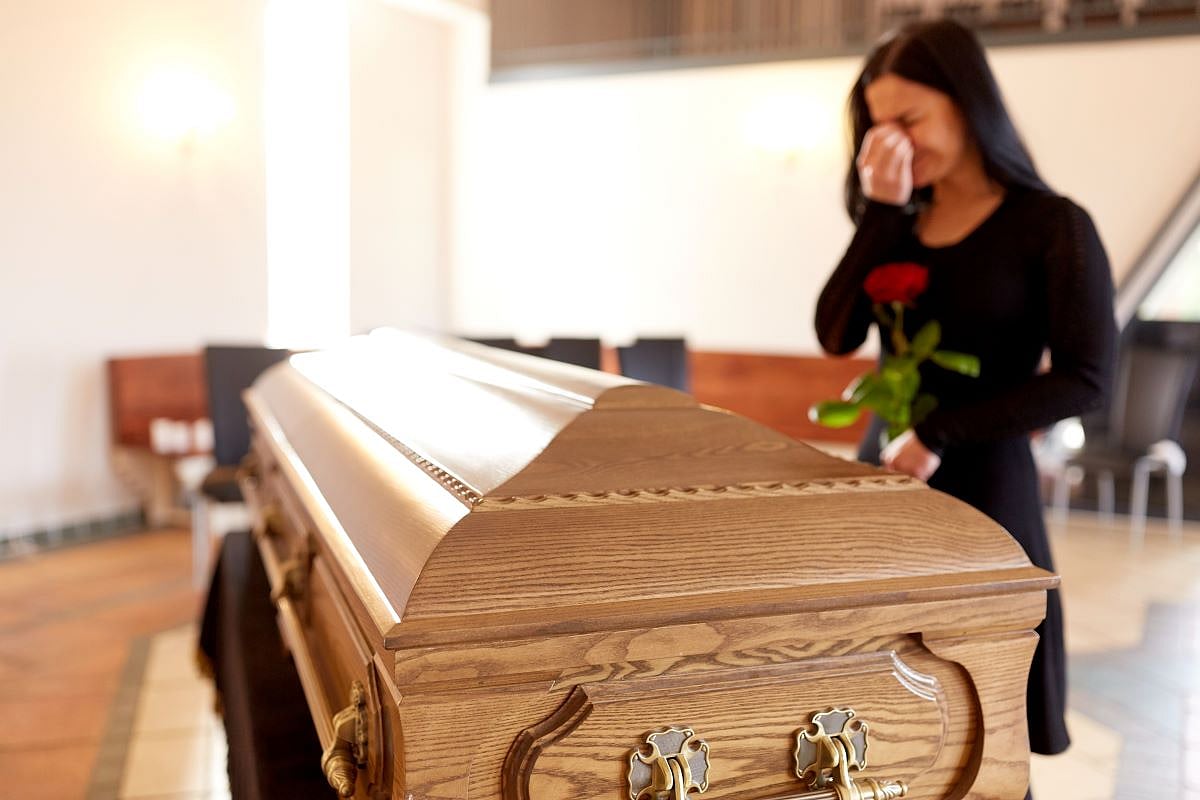Get Healthy!

- Dennis Thompson
- Posted July 25, 2025
Heavy Grief Nearly Doubles Bereaved's Risk Of Early Death
People intensely grieving a loved one are nearly twice as likely to die within a decade of their loss, a new study says.
Those whose grief remained persistently high in the first years following a loss have 88% increased odds of dying within 10 years of their loved one’s passing, according to results published in Frontiers in Public Health.
They also are nearly three times more likely to receive mental health care like talk therapy, greater than five times more likely to be prescribed antidepressants, and more than twice as likely to receive sedatives or anxiety drugs, results show.
“This is the first study to investigate the long-term use of health care and patterns of mortality over a decade after bereavement in a large-scale cohort,” lead researcher Mette Kjaergaard Nielsen said in a news release. She’s a postdoctoral researcher at the Research Unit for General Practice in Aarhus, Denmark.
For the new study, researchers recruited more than 1,700 bereaved men and women in Denmark with an average age of 62. Among them, 66% had lost their partner, 27% a parent and 7% another loved one.
The study participants were given a questionnaire that assessed their levels of grief during the first three years after losing a loved one.
About 6% of participants had levels of grief that remained high despite the passing of time, and 38% had persistently low levels, results show. Another 47% experienced high or moderate grief at first that ebbed over time.
Following the people out for 10 years, researchers found those with heavy and unrelenting grief were more likely to die early and to need some sort of psychiatric help.
Researchers can’t say exactly why unrelenting grief might increase a person’s risk of early death.
“We have previously found a connection between high grief symptom levels and higher rates of cardiovascular disease, mental health problems and even suicide,” Nielsen said. “But the association with mortality should be further investigated.”
However, there’s a chance doctors might identify people at risk of heavy and prolonged grief, since these folks were more likely to have prescriptions for psychiatric conditions even before their loss, researchers said.
"The 'high grief' group had lower education on average, and their more frequent use of medication before bereavement suggested that they had signs of mental vulnerability, which may cause greater distress following the death of a loved one," Nielsen said.
She said a doctor could look for previous signs of depression or other severe mental health conditions.
“They can then offer these patients tailored follow-up in general practice, or refer them to a private-practice psychologist or secondary care," Nielsen said. "The (doctor) may also suggest a bereavement follow-up appointment focusing on mental health.”
More information
The Cleveland Clinic has more on “broken heart syndrome.”
SOURCES: Frontiers, news release, July 25, 2025; Frontiers in Public Health, July 25, 2025







